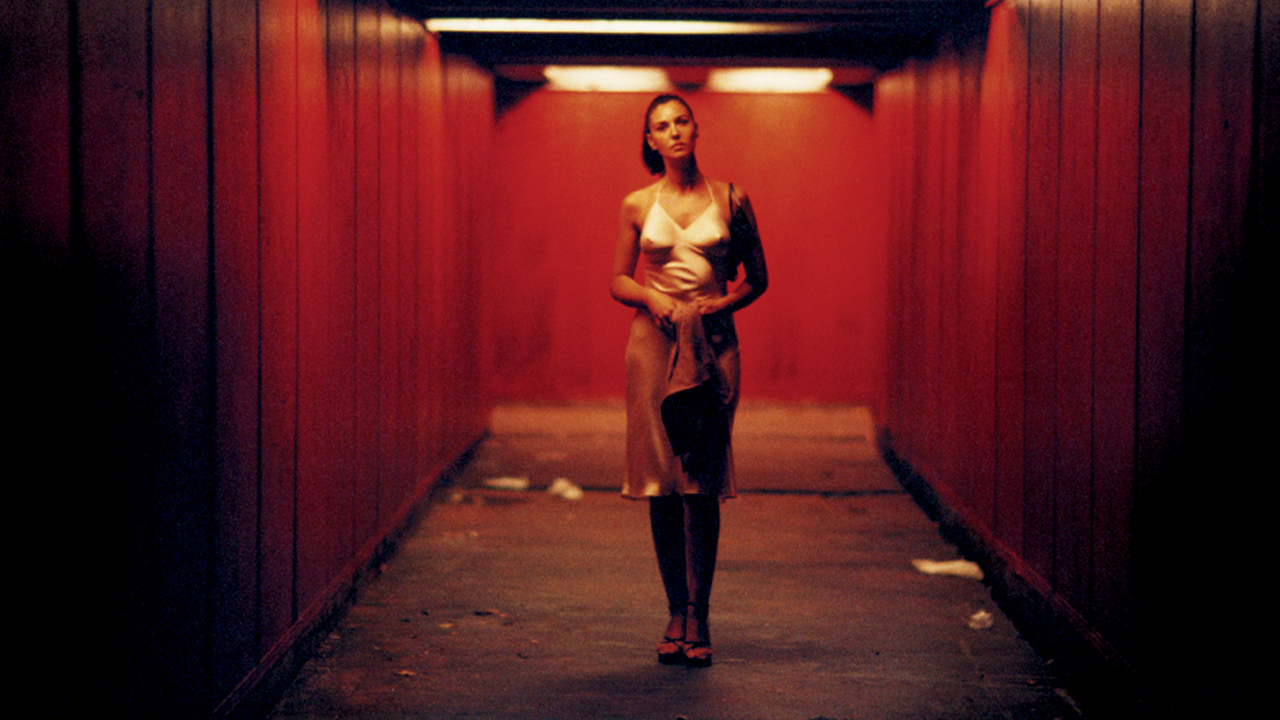Irreversible (2002)

Irreversible (2002) is a French psychological thriller and art-house horror film written and directed by Gaspar Noé. Known for its controversial themes and daring storytelling techniques, the film is a visceral exploration of violence, trauma, and the irreversible nature of time. The movie follows a nonlinear narrative structure, telling its story in reverse order, which creates an intense and uncomfortable experience for the viewer. The narrative revolves around the brutal assault of a woman, and the subsequent efforts of her ex-boyfriend and former lover to find the perpetrator.
One of the most striking aspects of Irreversible is its unconventional narrative technique. The film is presented in reverse chronological order, starting with the aftermath of the horrific crime and gradually moving backward through time. This unique structure heightens the emotional impact, as the audience is forced to experience the consequences of the characters’ actions before understanding the events leading up to them. The film’s reverse storytelling mirrors the themes of regret and the impossibility of changing the past, emphasizing the tragic nature of the story.
The graphic violence depicted in Irreversible is another defining characteristic of the film. The film contains a particularly harrowing and extended rape scene, which is infamous for its unflinching portrayal of brutality. The depiction of such violence is not gratuitous but serves to underline the theme of irreversible trauma. The film challenges the viewer’s sense of comfort, forcing them to confront the raw and brutal reality of human suffering. Noé’s decision to film this scene in a single unbroken take amplifies its disturbing effect, making it even more difficult to look away.

In addition to its unsettling violence, Irreversible features outstanding performances by its cast, particularly Monica Bellucci, who plays the victim, and Vincent Cassel, who portrays her distraught ex-boyfriend. The emotional depth and intensity of their performances bring a sense of realism and tragedy to the film. The palpable anguish of the characters adds to the film’s atmosphere of desperation and regret, making their journey to seek revenge feel both painful and futile. Bellucci’s portrayal of vulnerability and strength is especially poignant, capturing the profound impact of the traumatic event.

In conclusion, Irreversible is a haunting and provocative film that explores the consequences of violence and the inescapable nature of time. Its nonlinear narrative, graphic imagery, and powerful performances make it a challenging watch that leaves a lasting impression. Gaspar Noé’s uncompromising approach to storytelling forces the audience to confront difficult and uncomfortable realities, and it is this audacity that makes Irreversible a deeply impactful and thought-provoking cinematic experience.











